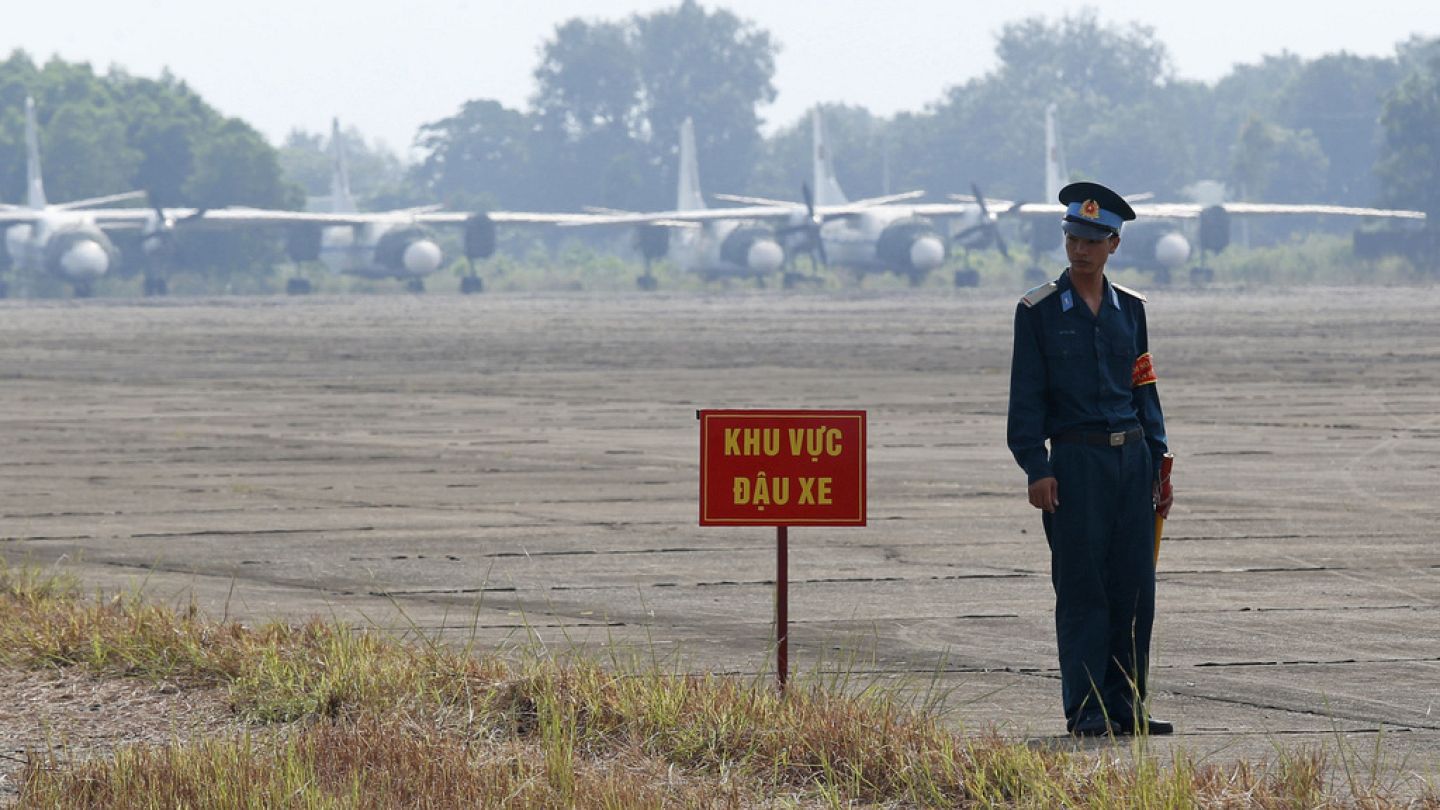50 years after Vietnam war, millions still battle chemical weapons impact
Today, around 3 million people, including many children, still suffer serious health issues associated with exposure to Agent Orange.
This week marks the 50th anniversary of the end of the Vietnam War, a brutal and devastating conflict that ended when the South Vietnamese capital of Saigon fell to Communist forces from the northern regime. But however long ago the war ended, today, millions of Vietnamese people still face a daily battle with a particularly deadly part of its legacy. Today, around 3 million people, including many children, still suffer serious health issues associated with exposure to the chemical weapons used by US forces, who sprayed about 72 million litres of defoliant to strip the vegetation the northern forces used for cover.More than half was a product known as Agent Orange, a blend of herbicides now known to cause serious foetal and childhood developmental difficulties.One of the people affected is 34-year-old Nguyen Thanh Hai.Daily tasks like buttoning the blue shirt he wears to a special school in Da Nang, practicing the alphabet, drawing shapes, or forming simple sentences are not that simple for him. Hai was raised in Da Nang, the location of a US air base where soldiers left massive amounts of Agent Orange that have persisted for decades, contaminating food and water sources in places like Hai's village."The impacts on people in Vietnam have been primarily now in the 2nd, 3rd, and possibly 4th generations," said Charles Bailey, co-author of the book From Enemies to Partners: Vietnam, the US, and Agent Orange."The consequences are birth defects and, following severe disabilities, both physical and mental disabilities. The Agent Orange substance contains dioxin, a type of chemical linked to cancer, birth defects, and lasting environmental damage."Vietnam has been cleaning up the war's toxic legacy for decades, but the US started to partially contribute to the cleanup in the mid-2000s after decades disregarding mounting evidence of its effects. But those contributions are now in jeopardy.Concern about USAID cutsThe Trump administration has drastically cut back the US's foreign aid agency, USAID, leaving millions in Vietnam worried as dozens of dioxin hotspots continue to spread across 58 of its 63 provinces. In Da Nang, where an air base was contaminated during the storage and transportation of Agent Orange, the US completed a €106 million cleanup in 2018, but an area the size of ten football fields is still badly contaminated.“The Agent Orange disaster has brought pain and misery to about 4 million Vietnamese people", says Nguyen Van An, chair of the Association for Victims of Agent Orange in Da Nang. "We always believe that the US government and the manufacturers of this toxic chemical must have the responsibility to support the victims.”For Chuck Searcy, an American Vietnam War veteran who has worked on humanitarian programs in the country since 1995, trust built over the years could erode very rapidly. “Innocent victims” are those who benefit from US-funded projects to address war legacies, he said.“They’ve been victimised twice, once by the war and the consequences that they’ve suffered. And now by having the rug pulled out from under them,” he stressed.Natural defences contaminatedVietnam lost over half of its mangrove trees, which protect coastlines from powerful storms. In addition to causing irreversible harm to a large portion of its tropical forest, the herbicide also depleted the soil of nutrients in some of the country's most climate-vulnerable regions.In the decades after the war ended, authorities fenced off heavily contaminated sites like Da Nang airport and began providing support to impacted families, at a time the US ignored the evidence of chemical warfare's long-term health impacts — including on its own veterans.Today, Vietnam identifies Agent Orange victims by checking people's family history and residential history against a list of health problems linked to the poison. Authorities in the southeastern Asian nation believe the health impacts last for generations, threatening the children, grandchildren, and even great-grandchildren of people exposed to the chemicals.Nonetheless, several scientists have pointed out that there is still uncertainty in the science regarding the precise effects of Agent Orange on human health, both for individuals who were exposed to it and for subsequent generations.


